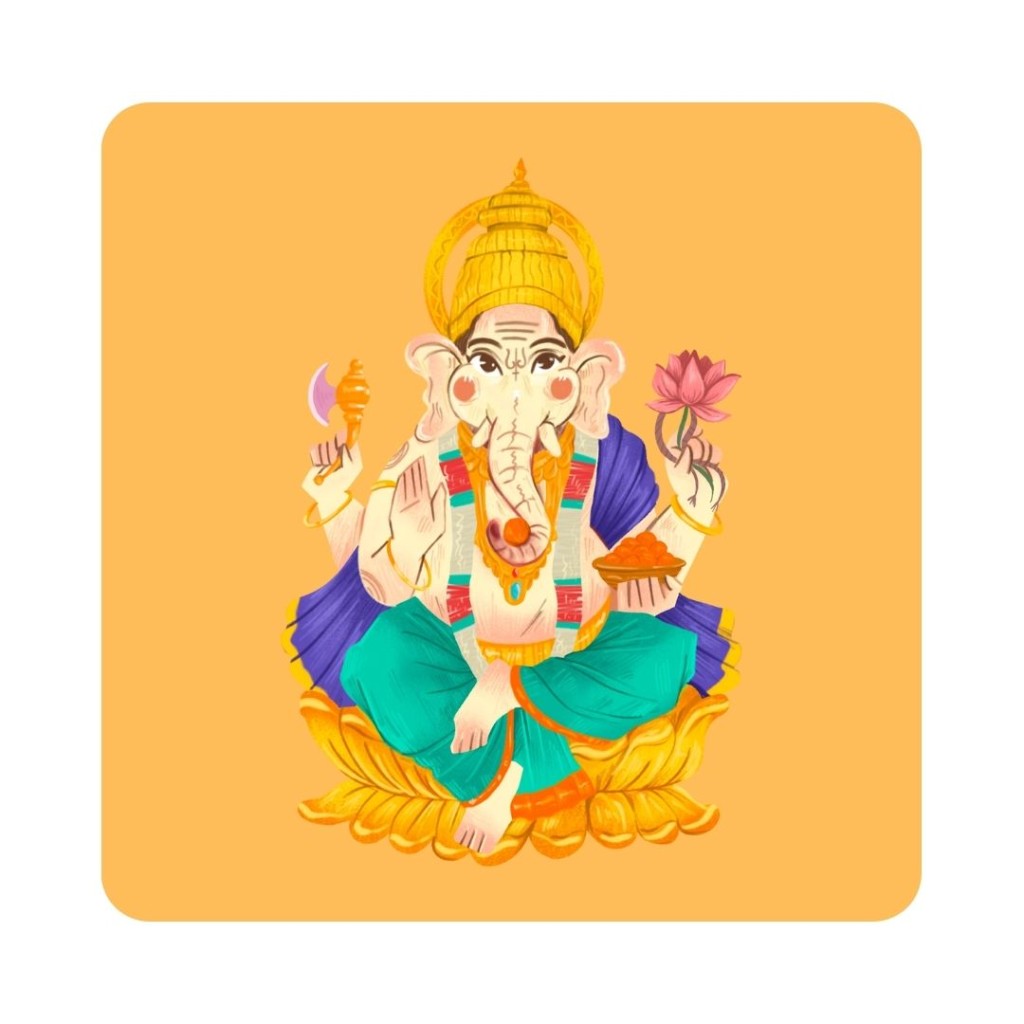Unveiling the rich tapestry of Hindu mythology: a glimpse into the divine realm.
Hindu mythology, an intricate tapestry of ancient stories and beliefs, unveils a captivating world of gods, goddesses, and cosmic adventures.
Rooted in sacred texts like the Vedas, the Puranas, and epics such as the Mahabharata and the Ramayana, Hindu mythology provides a profound insight into India’s spiritual and cultural heritage.
Diverse Pantheon of Deities
At its core lies a diverse pantheon of deities, each embodying unique attributes and powers.
From Brahma, the creator, to Vishnu, the preserver, and Shiva, the destroyer, these gods represent the cyclical nature of existence.
Some yoga poses carry the name of a mythological figure, deity, or animal, connecting the practice of yoga with ancient tales from India.
Adho Mukha Svanasana & Urdhva Mukha Svanasana (Downward Facing Dog and Upward Facing Dog)


Bhairava, an incarnation of Shiva, is associated with the dog as his vahana (vehicle of the gods).
These postures symbolize the duality of Bhairava’s dog nature: fierce and protective.
This duality of fierceness and loyalty reflects the transformative nature of spiritual power, capable of being tamed and channeled for spiritual growth.
Certified Yoga Alliance
In the quiet island of Nusa Lembongan, Bali.
Eka Hasta Bhujasana (elephant trunk pose)


Ganesha is the son of Parvati, Shiva’s wife, and his creation has a fascinating story.
One day, Parvati desired to take a bath and asked Ganesha to guard the entrance. When Shiva returned and found an unknown child (Ganesha) who wouldn’t allow him to enter his own home, he beheaded him.
Realizing the mistake and Parvati’s distress upon her return, Shiva promised to restore life to their son. To do so, they placed the head of an elephant on him.
Thus, this deity with an elephant head and a human body was born.
Ganesha is worshipped before starting new projects, rituals, and important events because he is considered the remover of obstacles and the bestower of success and prosperity.
For a deeper understanding of this story, you can READ MORE.
Marichysana
Marichi, one of the seven celestial sons of Brahma, embodies radiant light and wisdom. His name means “ray of light” (emanating from both the moon and the sun), symbolizing the struggle against darkness.
Marichi is recognized for his contribution to the sacred arts and is revered as a spiritual guide. He challenged darkness and personified luminosity.
The Marichyasana pose reflects the elegance and strength of Marichi. Practitioners adopt a seated position that balances strength, flexibility, and mindfulness…

